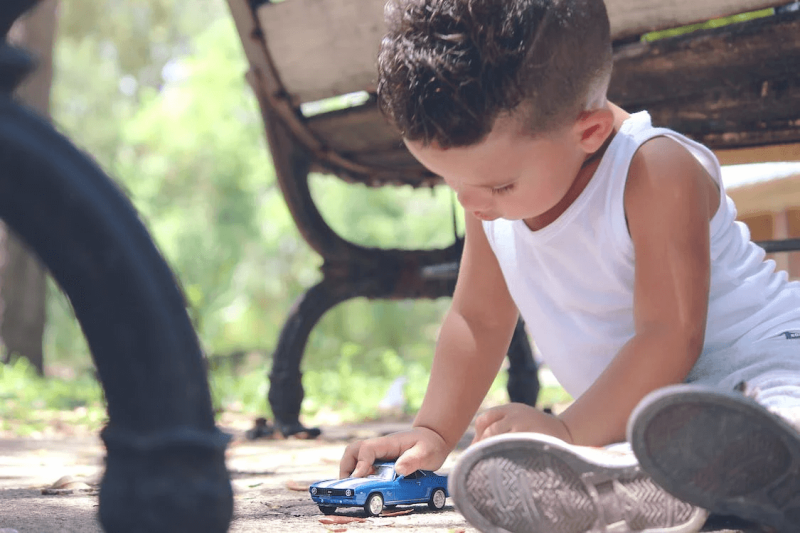Many researchers now think that childhood trauma biologically embeds itself in our bodies, alters how our genes work and puts our mental health at risk.
If that thinking holds up, it opens the door to radical new treatments. Just as gene editing is promising new therapies for everything, from heart disease to cancer, there are those who believe tinkering with the epigenome could help us reverse the damage done by trauma – essentially giving us a way to physically edit out the scars of the past.
Recently, [researcher Elisabeth] Binder used the first ever epigenetic clock for children on three- to five-year-olds who had a known history of maltreatment. She found a clear pattern: maltreated children who showed signs of depression and anxiety were biologically nearly three months older than their peers – a lot for their age. The worse their maltreatment, the older they were.
…
There is a long way to go before epigenetic editing could be used in humans, but [neuroscientist Subhash] Pandey believes “epigenomic editing has high potential for future therapy”. Kinks such as long-term efficacy and safety have to be worked out for any new therapy, he says.































